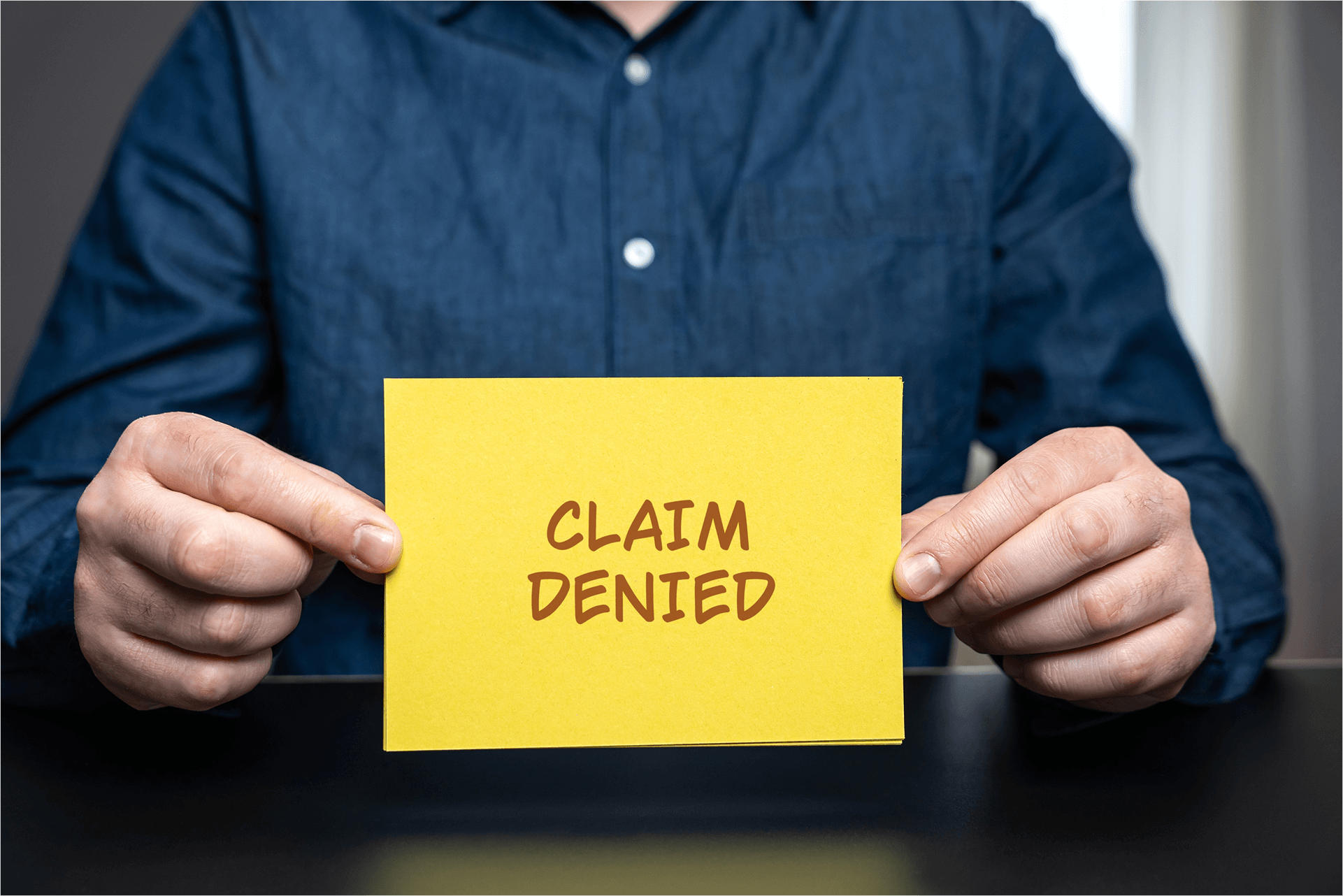
Miami Bad Faith Insurance Lawyer Holding Insurance Companies Accountable
Insurance is one of those rare items you purchase that you hope you never have to use. However, in a situation where you’ve been involved in an accident and need it, you want it to be there for you. But what if your insurance company fails to honor the provisions of your policy, even though you have a valid claim? Bad faith insurance claims give policyholders a way to hold the insurers liable if they do not uphold their end of the policy. If you have struggled with your insurer denying your claim without a justifiable reason, failing to communicate important information to you, or causing excessive delays in investigating and valuing your claim, Galimidi Law can provide you with a free consultation to discuss your legal rights.

What is Bad Faith?
When you purchase a policy from an insurance company, you are entering into a contract with them. The company is legally agreeing to provide the protection specified in the policy if you pay your premiums. As part of this agreement, they have duties to their policyholders. If the insurance adjusters for the company do not live up to these duties, they are considered to be acting in bad faith. The duties typically expected of an insurer can include:
- The duty to investigate: Your insurance company must adequately investigate your claim, produce a record of their findings and provide you with a valuation. This should be done in a timely manner without unnecessary delays.
- The duty to defend: If your policy covers any aspect of a lawsuit against you, your insurance company must provide you with a defense against the claims unless your policy has explicit limits on the costs of providing defense, which is rare.
- The duty to indemnify: Part of the purpose of having insurance is to give yourself protection against claims that would otherwise be filed against you personally. If your insurance company does not pay a settlement agreement that has been entered against you, they are not meeting their indemnification duty.
- The duty to settle reasonably: In some states, the insurance company has an obligation to attempt to settle a case reasonably before a trial, if possible, in a case where a trial could expose the policyholder to greater damages that the policy would not cover. This duty is sometimes included because, in the past, some insurance companies had refused to settle before a trial because they believed they would be liable for less money if damages were awarded by the court, even though it would cost the policyholder more.


What Are Some Red Flags of Bad Faith Insurance Practices?
It is important to be able to identify bad faith insurance practices because they violate the terms of your contract. You deserve to have your claim handled promptly, with proper communication, and according to the terms of your policy. Some signs of bad faith insurance practices can include:
- Failing to investigate an insurance claim thoroughly.
- Misrepresenting or misstating the terms or benefits of the insurance policy.
- Advising or warning policyholders not to hire an attorney.
- Knowingly undervaluing a claim or offering less money than the claim is worth.
- Needlessly delaying the claims process.
- Refusing a reasonable request for documents or information.
- Applying pressure in an attempt to get a claimant to accept a low offer.
- Convincing a claimant to give up their rights.
- Making threatening or intimidating statements.
- Failing to maintain proper communication about the claims process.
- Failing to notify a claimant of the required additional information needed for the claim.
- Denying a claim without promptly providing a legitimate justification.
- Altering the terms of the policy after a claim has been submitted.
Does a Denied Claim Always Constitute Bad Faith Insurance Practices?
There are legitimate reasons why an insurance company may deny your claim. The critical thing to remember is that your insurance company should always provide you with clear documentation of your denial, including the reasoning behind it. There should also be information included on your options to appeal your denial if you believe it was made in error. Some justifiable reasons for your insurance company to deny your claim are:
- The policy explicitly excludes the accident or injury involved.
- The coverage was terminated before the accident occurred.
- The premiums have not been paid on the policy.
- The individual submitting the claim is not covered by the policy.
- You were found to be 100% liable for the accident and are not eligible for compensation.
A disagreement with your insurance company does not necessarily mean they acted in bad faith. To begin a bad faith claim, you must show that you had a valid insurance policy, your claim was covered under that policy, and your insurance company did not act in good faith regarding your claim. You should inform the insurance company that you believe they acted in bad faith. They will have 60 days to attempt to fix the issue. If it has not been satisfactorily resolved within this time frame, then you may have a legitimate claim that can be brought to court. All bad faith insurance claims in Florida have a five-year statute of limitations, so you don’t want to miss your filing deadline.


What Compensation Can You Receive in a Bad Faith Insurance Claim?
The initial goal of most bad faith insurance cases is simply to convince the insurance company to handle the case correctly. Often, a letter from a lawyer stating that you intend to take action for bad faith practices is enough to effect the desired changes. But what if you were forced into taking a settlement for a car accident that was less than you deserved, or if your insurance company failed to investigate your claim properly? A bad faith insurance claim can hold insurance companies accountable in these cases and provide compensation, including:
- Original benefits: The damages you initially sought from the insurer for your claim should be paid fully and promptly.
- Litigation costs: If your insurer had acted in good faith, you would not have had to seek representation for a bad faith claim, so they can be held liable for those costs.
- Pain and suffering: If the way your insurance mishandled your claim meant that you couldn’t get proper treatment or cause you to suffer pain or emotional distress, you could be awarded compensation.
- Punitive damages: If there is evidence that the insurer acted maliciously or if they have a prior history of similar bad faith acts, then punitive damages may be awarded in addition to other compensation.
What Should You Do if You Believe Your Insurance Company is Acting in Bad Faith?
If you feel that your insurance adjuster is acting in bad faith, you can state this in your correspondence with them. If this does not change their behavior, you may write a letter to the insurance company that details your concerns about the bad faith actions. Keep a copy of this letter for your records. If you do not get satisfaction from your insurance company after this, contact a bad faith insurance lawyer about your concerns.
While bad faith claims can be challenging to prove in court, most insurance companies do not want to risk the potential extra compensation that could be assessed and does not wish to face the expense of fighting a bad faith lawsuit in court. Enlisting the services of a personal injury lawyer sends your insurer the message that you will not tolerate their actions and can give you the leverage you need to recover the fair settlement you deserve. If you believe your insurance has acted in bad faith, contact Galimidi Law for a free consultation today!

